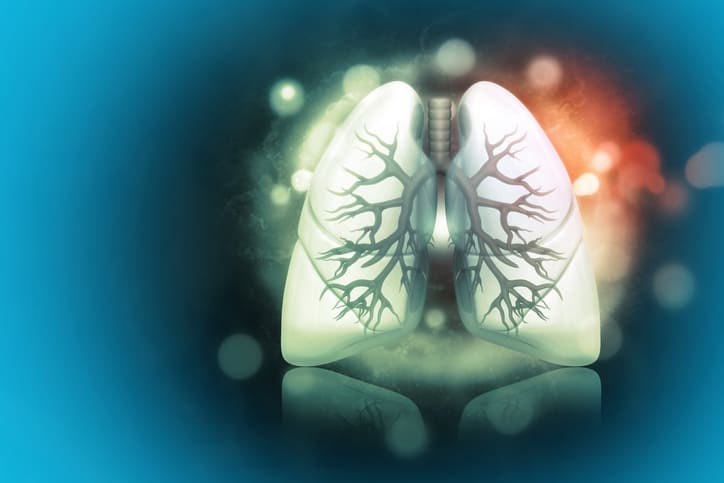Pulmonary infections associated with Pseudomonas aeruginosa can be life-threatening for patients suffering from chronic lung diseases such as cystic fibrosis. In this scenario, the formation of biofilms embedded in a mucus layer can limit the permeation and the activity of anti-infectives.
Native human pulmonary mucus can be isolated from endotracheal tubes, but this source is limited for large-scale testing. This study, therefore, aimed to evaluate a modified artificial sputum medium (ASMmod) with mucus-like viscoelastic properties as a surrogate for testing anti-infectives against P. aeruginosa biofilms.
Bacterial growth in conventional broth cultures was compared with that in ASMmod, and PAO1-GFP biofilms were imaged by confocal microscopy. Transport kinetics of three antibiotics, tobramycin, colistin, and ciprofloxacin, through native mucus and ASMmod were studied, and their activity against PAO1 biofilms grown in different media was assessed by determination of metabolic activity and cfu.
PAO1(-GFP) cultured in human pulmonary mucus or ASMmod showed similarities in bacterial growth and biofilm morphology. A limited permeation of antibiotics through ASMmod was observed, indicating its strong barrier properties, which are comparable to those of native human mucus. Reduced susceptibility of PAO1 biofilms was observed in ASMmod compared with LB medium for tobramycin and colistin, but less for ciprofloxacin.
These findings underline the importance of mucus as a biological barrier to antibiotics. ASMmod appears to be a valuable surrogate for studying mucus permeation of anti-infectives and their efficacy against PAO1 biofilms.
© The Author(s) 2021. Published by Oxford University Press on behalf of the British Society for Antimicrobial Chemotherapy. All rights reserved. For permissions, please email: journals.permissions@oup.com.
A pulmonary mucus surrogate for investigating antibiotic permeation and activity against Pseudomonas aeruginosa biofilms.


